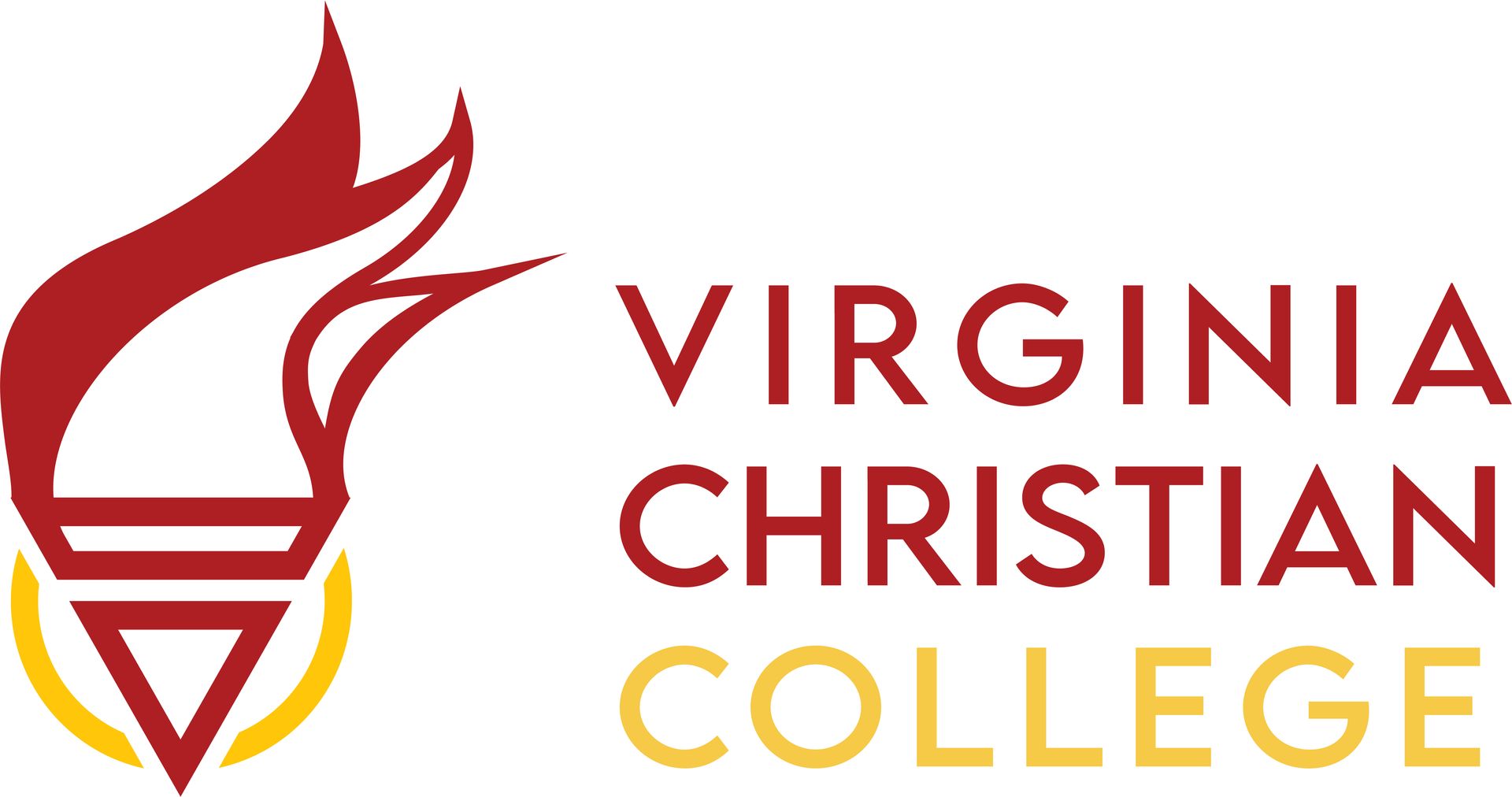What is the FERPA Policy?
The Family Educational Rights and Privacy Act (FERPA) (20 U.S.C. § 1232g; 34 CFR Part 99) is a Federal law that protects the privacy of student education records. The law applies to all schools that receive funds under an applicable program of the U.S. Department of Education.
Essentially, FERPA states that:
- Students at postsecondary institutions must be permitted to inspect and review their education records.
- School officials may not disclose personally identifiable information from a student’s education record, without written permission, unless such a disclosure is permitted by one of the FERPA signed-consent exceptions.
- Institutions are responsible for ensuring that all of its school officials comply with FERPA.
-
Student Rights
Students have the right to:
- Inspect and review their educational records maintained by the school.
- Request that a school correct records which they believe to be inaccurate or misleading.
- Limit disclosure of their records. We must have written permission from the eligible student in order to release any information from the student’s educational record that is not directory information (personally identifiable information).
- File complaints under FERPA with the U.S. Department of Education Family Policy Compliance Office concerning alleged failures by the institution to comply with the Act.
-
Definitions
Enrolled Student
- All enrolled Virginia Christian College (VCC) in any program are protected under FERPA. Rights begin when a student registers for any class, regardless of age.
Education Records
Education records are defined as records that are:
- Directly related to a student
- Maintained by Virginia Christian College or by a party acting on the behalf of the College.
Records that are NOT education records include:
- Sole possession records
- Law enforcement unit records
- Employment records (with the exception of work-study)
- Medical records
- Post attendance records
Student Recruiting Information
Information identified in the Solomon Amendment that institutions are required to provide military recruiters upon request. Those items are:
- Student name
- Address
- Telephone number
- Age
- Class level (freshman, sophomore)
- Major
- Degrees conferred and dates
- The most recent previous educational agency or institution attended
-
Directory Information
“Directory Information” is information that, if disclosed, is not normally considered a violation of a student's privacy and, therefore, can be released without the student's written permission.
Students may submit the Request for Directory Hold form to Student Services at studentservices@vabiblecollege.edu to prevent the release of directory information.
Information that may be released at Virginia Christian College without written consent:
- Student’s name
- Student’s address listings
- Student’s phone number listings
- Student’s e-mail address
- Student’s photograph
- The most recent previous educational agency or institution attended
- Enrollment status
- Full-time/part-time attendance
- Dates of attendance
- Major
- Freshman/sophomore standing
- Candidacy for degrees/certificates
- Degrees conferred and dates
- Awards and honors received
Information that cannot be released (written consent is required):
- Social Security Number
- Student’s date of birth
- Class schedule
- Academic standing (probation or suspension)
- Grade point average/grades
- Transcript
- Parent’s address
- Gender
- Exact number of enrolled credits
- Nationality/country
- Student disability status
- ANY information which is NOT directory information
-
Solomon Amendment
Solomon Amendment is a federal law that allows military recruiters to access some address, biographical and academic program information on students age 17 and older.
The Department of Education has determined the Solomon Amendment supersedes most elements of FERPA. An institution is therefore obligated to release data included in the list of “student recruiting information,” which may or may not match Virginia Bible College’s FERPA directory information list. However, if the student has submitted a Request for Directory Hold to restrict the release of their Directory Information, then no information from the student's education record will be released under the Solomon Amendment.
Under Solomon, information will be released for military recruitment purposes only. Military recruiters may request student recruitment information once each term for each of the 12 eligible units within the five branches of the service:
- Army: Army, Army Reserve, Army National Guard
- Navy: Navy, Navy Reserve
- Marine Corps: Marine Corps, Marine Corps Reserve
- Air Force: Air Force, Air Force Reserve, Air Force National Guard
- Coast Guard: Coast Guard, Coast Guard Reserve
*Virginia Christian College is a religious exempt institution and is exempt from state regulation and oversight in the Commonwealth of Virginia*
Quick Links
LOCATION
Dumfries Campus:
17100 Van Buren Road
Dumfries, VA 22025
Norfolk Campus:
5755 Poplar Hall Drive
Norfolk, VA 23502
